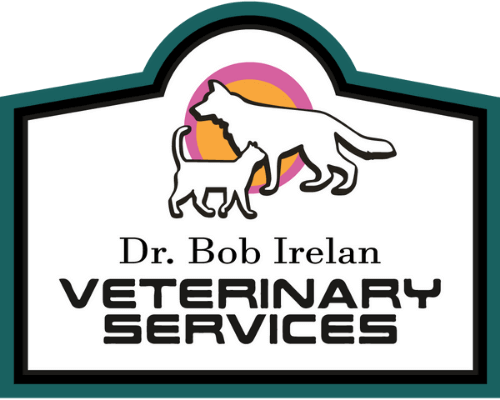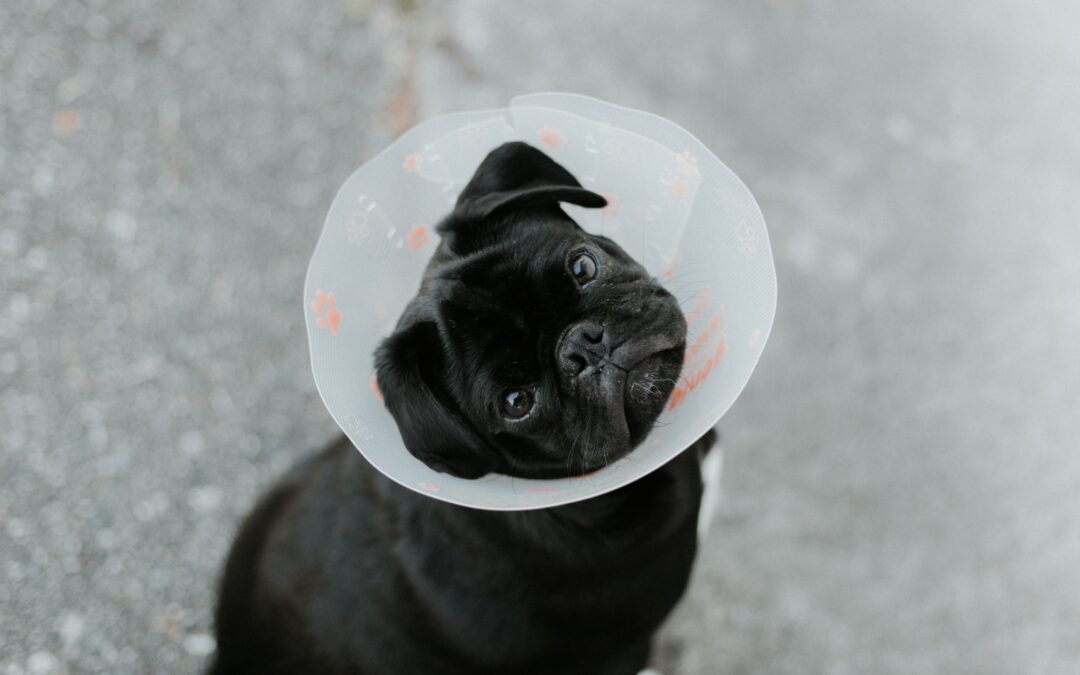Facilitate Your Pet’s Recovery After Surgery
Orthopedic surgery—or any other type of surgery—is a massive undertaking for our four-legged friends, and can often limit their activities long after they come back home. Therefore, ensure that your pet regains its strength faster by following these simple post-surgery recovery tips!
#1: Restrict your pet’s activity
Although your pet may feel up to running and playing soon after surgery, it is important they remain calm in order for them to heal. To ensure their safety, keep your dog on a leash during outdoor walks, return inside right away following potty breaks, and limit activity by confining them to the kennel or small room when needed.
#2: Assist your pet in walking
If your furry friend is having trouble standing, sitting, moving around, or even going to the bathroom, you may need to provide some assistance. Utilize a specially made sling and other mobility aids so that they can perform their daily duties without any potential harm done. These products will help ensure that your pet stays safe and healthy for years to come.
#3: Monitor the incision site
Ensure to inspect your pet’s surgical wound daily for inflammation, swelling, and fluid secretion. Also, follow all directives given by the veterinary surgeon related to keeping the site clean and dry.
#4: Apply heat and ice packs
Heat and ice therapy can be used to enhance your pet’s healing process. After surgery, it is recommended to keep the area iced for 72 hours, then switch over to heat treatments with a towel between the pack and skin in order to prevent any further damage. As always, make sure you consult your veterinarian before using either of these therapies on your pet.
#5: Administer medication
Be sure to administer your pet’s post-operative medications as prescribed. As much as you may want to believe that your furry friend is making speedy progress and no longer requires pain relief, be sure to continue medication administration until instructed otherwise. Should any adverse effects arise (such as vomiting, diarrhea, lack of appetite, or excessive drowsiness), contact your veterinarian immediately.
#6: Employ rehabilitative therapies
Your pet can experience a faster and more complete recovery from orthopedic surgery with postoperative rehabilitation. Incorporating the following therapies into your pet’s regimen may help them rebuild muscle, restore their mobility, and improve overall wellbeing:
- Laser therapy
- Hydrotherapy (i.e., underwater treadmill)
- Therapeutic massage
- Passive range-of-motion exercises
- Therapeutic ultrasound
- Acupuncture
- Chiropractic care

